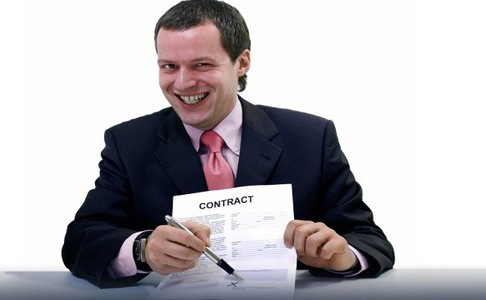The chances that a reply to a question is honest depends a lot on how the question is formulated. In a study where salesmen had to sell an electronic device with a serious defect that made it malfunction, 89% of salesmen revealed the existence of the defect if buyer’s asked: “What problems does the device have?”. If instead the buyer said: “The device has no problems, right?” the salesman spoke about the defect in 61% of cases. If the buyer said: “What can you tell me about this device?”, the defect was revealed by 8% of salesmen. In the first case the question suggests the buyer knows there is a problem. In the second case the buyer supposes the contrary (that the device has no defect) and asks confirmation about this. In the third case the buyer does not suspect anything and thinks that the salesman would reveal the existence of a defect were there one. Therefore, the honesty of many salesmen is not determined by what they know about the device on sale, but by how clever they think the buyer is on the basis of how the questions he/she ask are formulated. In general, in many situations knowing how to ask a question is as important as knowing how to answer it.


Leave a Reply